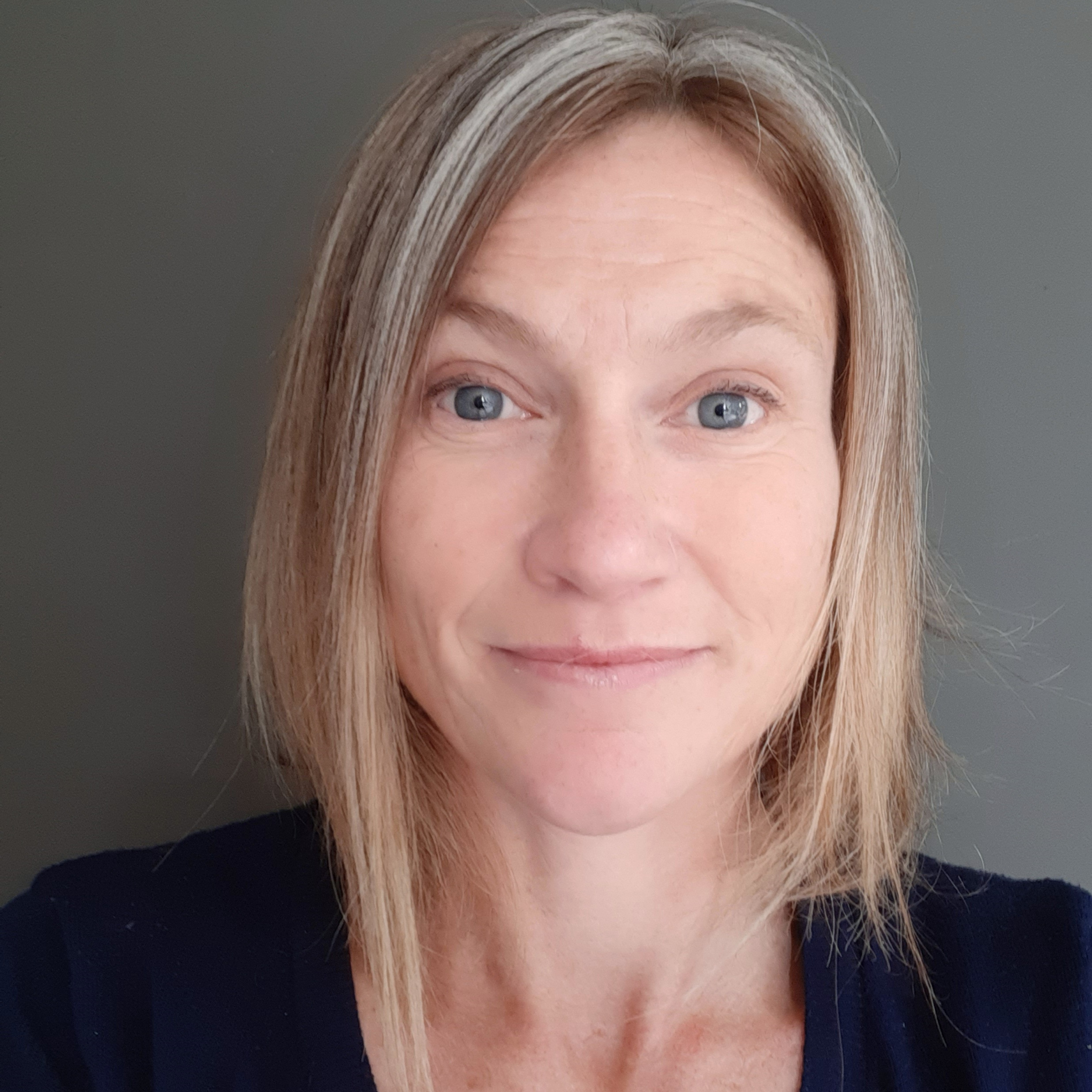Implementing an approach to delivering compensation strategically will provide a solution that is ecologically sound and can be scaled to deliver the Government’s 2030 and net zero targets.

Pathways to Growth (P2G) is the Sector Deal’s workstream focused on identifying and addressing the key environmental and consenting challenges that will be a barrier to the UK meeting its offshore wind 2030 target and playing its full role in delivering net zero. Recognising the scale of the challenge, P2G brings together government representatives, Statutory Nature Conservation Bodies (SNCBs), and industry across the UK’s Devolved Administrations to work together in partnership.
The work is supported by the P2G Coordination Group. This group have prioritised a list of focus areas
Maintaining an overview of all the work in consents, licencing and the environment relating to P2G
Seeking feedback from their organisations on what is already being done, or is needed to provide resolution to the identified barriers
Ensuring that these actions complement and enhance the work of existing work programmes and strategic groups;
Defining a clear road map with commitments to meet the 2030 and net-zero targets; and
Initiating new work efficiently through existing groups and bodies where gaps emerge or, if this is not possible, identify and drive the relevant means to address the gap
The P2G Co-Ordination group brings together government representatives, Statutory Nature Conservation Bodies (SNCBs), and industry across the UK’s Devolved Administrations to work together in partnership. This Group have identified and prioritised key focus areas that are currently causing delay and uncertainty in the consenting process. Actions to solve these issues have been identified in roadmaps – these are high level timelines showing the key actions that are planned to solve these issues. Access the roadmaps below.






Implementing an approach to delivering compensation strategically will provide a solution that is ecologically sound and can be scaled to deliver the Government’s 2030 and net zero targets.
Setting out a clear plan for how offshore wind can support Government’s net zero ambitions will provide clarity on how the marine space should be used, to ensure there is adequate area available and the necessary policy and legislation is in place to support that vision.
A clear, consistent approach that sets out how models and data are used to predict potential cumulative impacts on seabirds during the construction and operational phase will help to support more streamlined consent application discussions and consent decisions.
Implementing a more proportionate approach to EIA, will help to reduce the scale of offshore wind application documentation, and help to streamline consent application and preconstruction discharge of consent conditions.
Setting out a clear plan for how offshore wind can support Government’s net zero ambitions will provide clarity on how the marine space should be used, to ensure there is adequate area available and the necessary policy and legislation is in place to support that vision.
Providing clear guidance on how underwater noise should be managed around and within marine mammal UK Special Areas of Conservation (SACs) will provide greater certainty for marine developers and operators and streamline coordination to ensure published noise thresholds are not breached.
Providing clarity on the frameworks and measures through which biodiversity targets are to be delivered will provide greater certainty for developers and ensure that offshore wind farm sites can deliver biodiversity benefits.